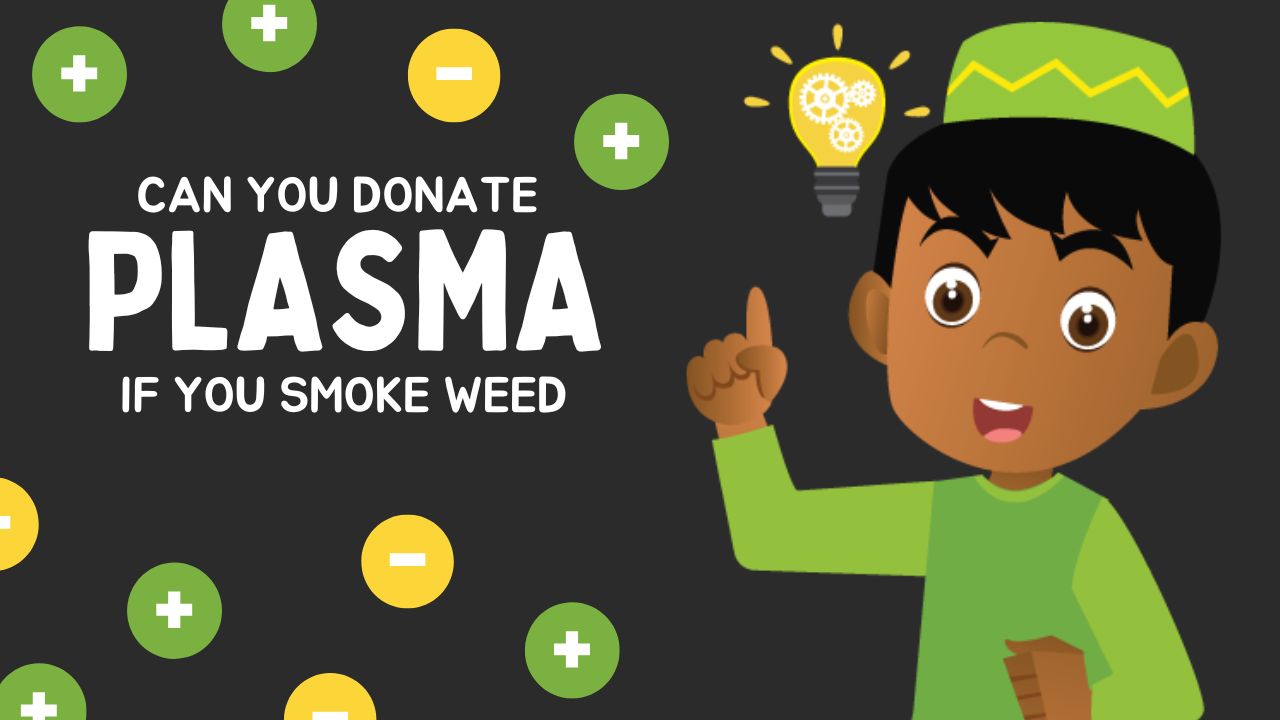Is Buying Abortion Pills Online Safe?

Following the decision to overturn Roe v. Wade, some women were left with the option of purchasing abortion drugs online, which were frequently sent from another country. However, a medical professional cautions that using medicines that are not controlled by the government may put one’s health in jeopardy.

A recent report that was published in the JAMA Network revealed that there has been a considerable increase in the number of requests for abortion pills to be administered via telemedicine in the United States.
A worldwide abortion pill service known as Aid Access received an average of 82.6 daily requests prior to the month of May when a draught of the US Supreme Court judgment on the abortion ban was published in the public domain.
The charity got an average of 213.7 requests for abortion pills per day after Roe v. Wade, the landmark judgment that granted the right to abortion, was officially overturned in June. Roe v. Wade was the decision that granted the right to abortion.
Women are able to purchase abortion pills from pharmacies in India, Russia, Kazakhstan, Vietnam, and other nations where there is little to no government oversight of the abortion pill market. “The evidence that we’ve seen demonstrates to us that prohibiting or severely restricting abortion does nothing to reduce the necessity of having one.
This is something that we’ve seen. However, what you appear to be doing is altering the manner in which individuals gain access to medical care, “In an interview for FiveThirtyEight, one of the co-authors of the study, Dr. Abigail Aiken, a professor of public affairs at the University of Texas at Austin and also one of the co-authors of the study, said the following:
What is a medical abortion?
Mifepristone and misoprostol are two drugs that must be obtained through a doctor’s prescription and taken up to forty-eight hours apart in order to carry out a medical abortion. In the year 2000, the Food and Drug Administration (FDA) of the United States gave its approval for the use of mifepristone in early nonsurgical abortions.
According to the preliminary findings of the Guttmacher Institute’s periodic census of all known abortion providers, medication abortion was responsible for 54 percent of all abortions in the United States in the year 2020.
According to Nigar Sofiyeva, who has a medical degree in obstetrics and gynecology and is presently working toward her Ph.D. at the University of Bergen, purchasing unregulated abortion pills online is “extremely worrying” because of the potential for both short-term and long-term consequences.
She adds that mifepristone prevents the body from producing a hormone known as progesterone, which is required for the pregnancy to progress further. Misoprostol, on the other hand, causes the uterus to go through very intense contractions, simulating what would happen during pregnancy. When taking misoprostol, bleeding is the most common adverse reaction that might occur.
“It is possible for it to result in uncontrollable bleeding that is so severe that people are unable to make it to the hospital. During the time that I was in residency, I witnessed people who would arrive at the emergency room and then collapse there “she expressed her thoughts to Health news.
According to Sofiyeva, an ultrasound is performed after a controlled abortion to ensure that the embryo has completely separated from the uterine walls and that the endometrial cavity is free of any tissue or fluid. To put it another way, an entire abortion was carried out.
“The leftover fragment of the embryo has the potential to trigger an infection if the abortion was either uncontrolled or only partial. It is in very close touch with blood arteries; as a result, the infection travels directly to the blood and has the potential to cause septicemia and ultimately death “she explains.
Scarring of the uterine tissue and damage to the endometrial cavity are both potential outcomes of infection. In the long run, this could result in a miscarriage or infertility in the early stages of pregnancy.
“When there is a scar on the wall of the uterus, it indicates that there are no blood veins in that area. Because of this, there is no way for the embryo to attach itself to the wall and receive nourishment from it “Sofiyeva adds.
Who is most at risk?
According to Sofiyeva, the use of unlicensed abortion drugs presents a significantly greater risk for individuals who already have certain health concerns. These illnesses include hemophilia and other conditions in which the blood does not clot as it should, anemia, as well as issues with the heart and the kidneys.
Taking certain medications, like aspirin, that cause the blood to become thinner also raises the risk of developing the condition. According to Sofiyeva, “some people may have illnesses that have not been detected, thus they are unaware that they are far more likely to bleed.”
She makes the point that a positive result on a pregnancy test is not adequate evidence of pregnancy on its own. The ultrasound is essential in order to eliminate the possibility of an ectopic or molar pregnancy.
“A fertilized egg that implants itself outside of the uterine cavity is said to be carrying an ectopic pregnancy. It is possible that it will take place in the abdominal cavity, the liver, or one of the fallopian tubes. In extremely unusual instances, it could take place in the spleen. People who take abortion pills and their bleeding stops may incorrectly believe that they have successfully terminated their pregnancy when in fact they have not.”
In the event that a molar pregnancy takes place, the development of the fetus will not proceed normally. According to Sofiyeva’s explanation, this results in much more significant bleeding when the tissue finally separates.
Abortions, even when performed in a controlled setting, may result in difficulties. In a study that took place in Finland in 2011 and involved 24,006 women who had an abortion through medical means, 2.0% of the women suffered an infection. One in ten women (10.2% of all cases) went through an incomplete abortion, and nearly one in seven women (15.4%) were diagnosed with bleeding later on.
According to data gathered by the Guttmacher Institute, 19 of the 50 states in the United States require the practitioner who is performing the medication abortion to be physically present while the medicine is being given to the patient.
However, many women do not have a lot of options available to them. According to the Mayo Clinic, the following are some of the signs that may indicate the need for further medical attention following a medical abortion:
- Heavy bleeding, as evidenced by the need to soak two or more pads per hour for a period of two hours
- a severe ache in the abdomen or the back
- Fever that lasts for longer than a day and a half
- Foul-smelling vaginal discharge
- Your Ultimate Guide to Travel Insurance for Adventure Sports
- A Guide to Renters Insurance for Pet Owners: Pet-Proof Your Policy
- Safeguard Your Future: Understanding Identity Theft Insurance
- Safeguard Your Event: Understanding Event Cancellation Insurance
- Everything You Need to Know About Critical Illness Insurance Riders
- Home Equity Loans vs. HELOCs: Which is Right for You?













One Comment